1. Definition and Scope: Preventive and Social Medicine (PSM) focuses on disease prevention, health promotion, and community-based healthcare strategies. It integrates epidemiology, biostatistics, and public health policies to enhance overall well-being.
2. Levels of Prevention: PSM emphasizes primary, secondary, and tertiary prevention to reduce disease burden. Primary prevention includes vaccination and lifestyle modifications, secondary prevention involves early detection and screening, while tertiary prevention focuses on rehabilitation and reducing complications.
3. Epidemiological Principles: Understanding disease distribution, risk factors, and patterns in populations is crucial for planning effective public health interventions. Epidemiological studies help identify causes and trends in health conditions.
4. Health Promotion and Education: Public awareness programs, behavioral interventions, and policy advocacy play vital roles in promoting healthy lifestyles. Community participation enhances the success of health initiatives.
5. Disease Surveillance and Control: Monitoring infectious and non-communicable diseases enables timely intervention. National and global health organizations implement strategies for outbreak control, vaccination drives, and sanitation improvements.
6. Healthcare System and Policies: Strengthening primary healthcare, universal health coverage, and policy development ensures equitable access to medical services. Government regulations and international guidelines support public health objectives.
Falcons Preventive And Social Medicine

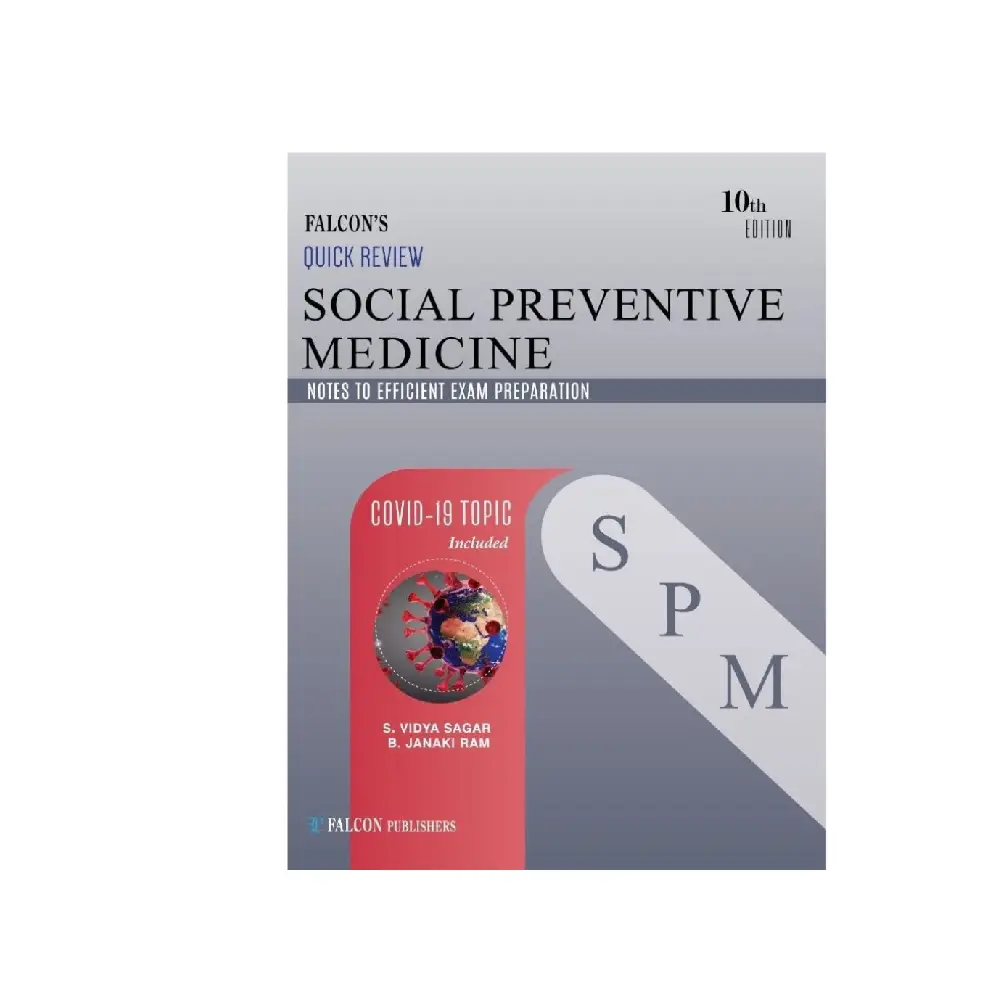

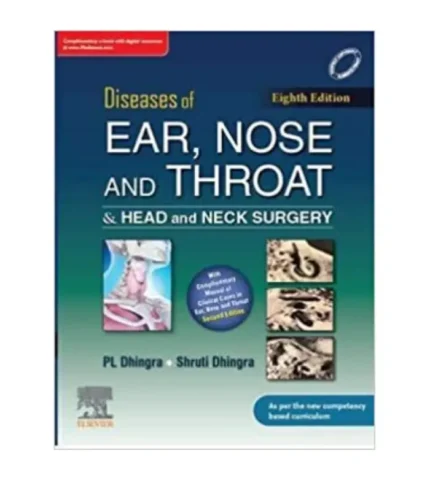




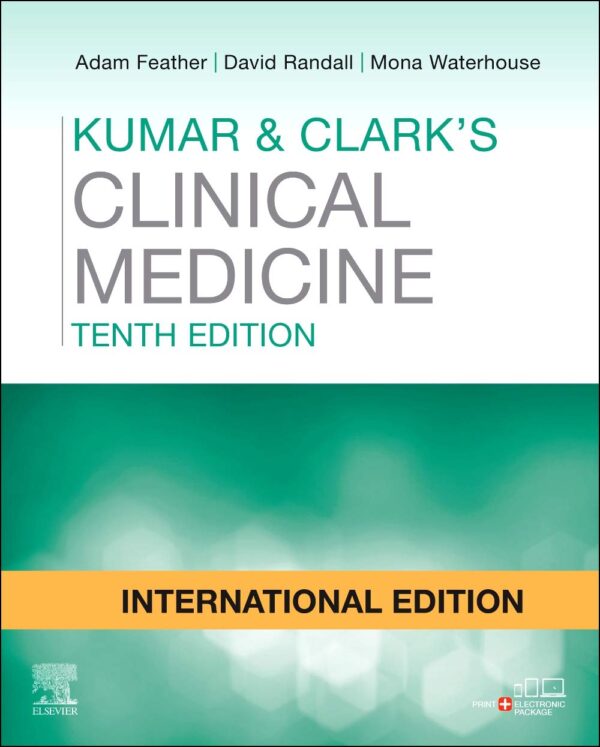
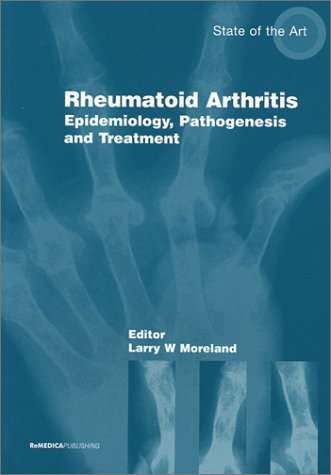

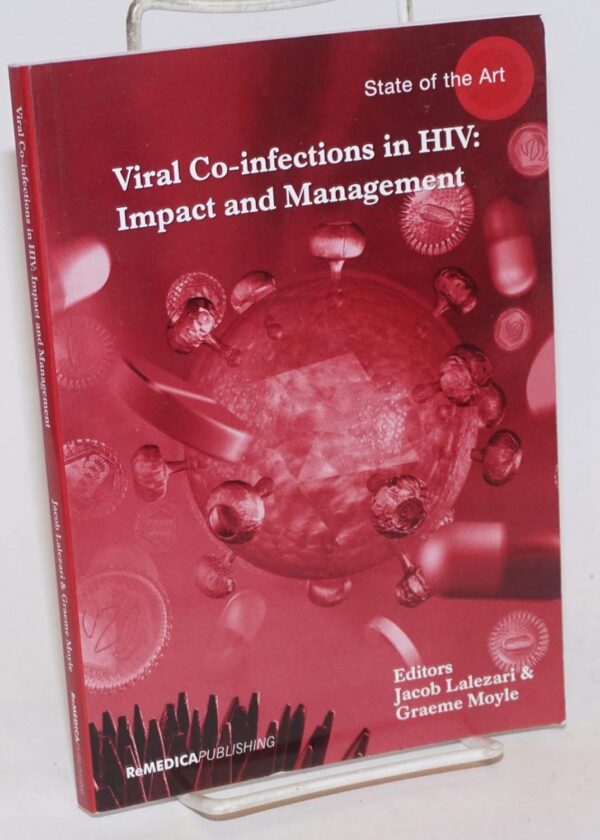
Reviews
There are no reviews yet.